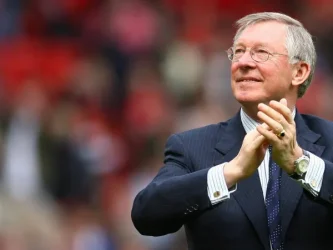
Mastering the Art of Leadership
Sir Alex Ferguson’s reputation wasn’t built solely on trophies—it was cemented through his unwavering leadership. He understood the balance between discipline and support, earning the respect of superstars and newcomers alike. His command over the locker room stemmed from a keen ability to read players as individuals. Ferguson adapted his leadership style to suit generational shifts, always staying ahead of trends. He knew when to place trust and when to draw the line. This duality—of being both a disciplinarian and a mentor—allowed him to forge unmatched loyalty. Even in moments of transition or crisis, he instilled belief in those around him. Managers across sports, business leaders, and organizational theorists often cite Ferguson’s leadership blueprint as a model for success. His legacy lives not only in silverware but also in the countless careers he shaped with firm yet compassionate guidance.
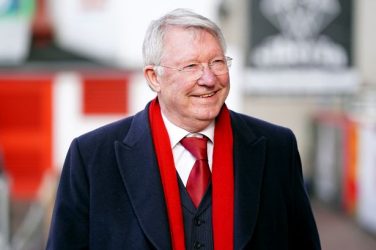
Building a Dynasty from Youth
One of Ferguson’s most admirable qualities was his faith in youth. While others focused on buying success, Ferguson nurtured it. The Class of '92—Ryan Giggs, Paul Scholes, David Beckham, Gary Neville, Phil Neville, and Nicky Butt—wasn’t just a golden generation; it was a testament to his belief in the long-term vision. He established a culture where young talent was mentored, challenged, and given the stage to shine. His methods revolutionized youth development in top-tier football. By integrating young players into the first team, he created a pipeline of fresh energy and loyalty. That approach not only sustained competitive excellence for years but also reminded the world that belief and patience could trump market forces. The ripple effect of his youth-first philosophy is visible across European academies even today.
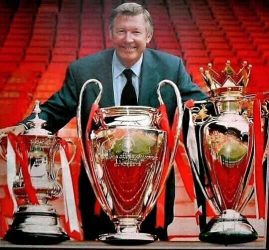
Tactical Brilliance That Evolved Over Time
Ferguson was not wedded to a single formation or ideology. His tactical genius lay in his adaptability. From counter-attacking systems to possession-heavy dominance, he reshaped Manchester United’s style to suit the moment—and often the opponent. Whether deploying two strikers or shifting to a lone frontman, Ferguson knew how to extract the best from his players. He could read games and respond with adjustments mid-match, a rare trait among even elite managers. Importantly, he empowered his assistants and players to contribute ideas, creating a collaborative environment. In the Champions League and Premier League alike, Ferguson’s sides remained unpredictable and fiercely competitive. This tactical evolution ensured his teams never stagnated—even as trends in world football shifted.
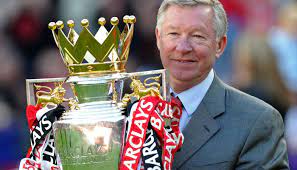
Rivalries That Defined Eras
Ferguson’s Manchester United was shaped by fierce rivalries that elevated the stakes of every season. From his early sparring with Kenny Dalglish’s Liverpool to the legendary duels with Arsène Wenger’s Arsenal and later the oil-backed challenge of Manchester City, these clashes helped define Ferguson’s competitive edge. He never allowed personal animosity to blur tactical judgment—but he thrived on the psychological warfare. Mind games, press conference barbs, and subtle jabs were all part of his arsenal. These rivalries didn’t just produce memorable matches; they kept Ferguson’s hunger alive. Fans tuned in for more than results—they were part of a storyline. In the high-stakes drama of English football, Ferguson was the undisputed director.
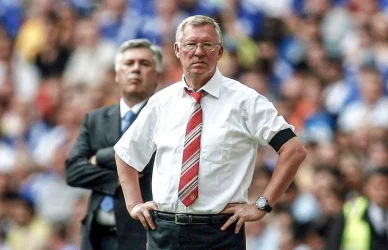
Man-Management Like No Other
Behind every great team lies a leader who understands people—and Sir Alex Ferguson was the master of man-management. He treated his players as individuals, each with distinct needs, motivations, and thresholds. From nurturing the confidence of young stars like Cristiano Ronaldo to managing the egos of global icons like Eric Cantona and Wayne Rooney, Ferguson had a sixth sense for knowing what made each player tick. His famous “hairdryer treatment” was sparingly used, often preceded or followed by a moment of mentorship. This unique blend of fire and empathy created a locker room culture that valued accountability, ambition, and unity. Ferguson’s ability to maintain harmony among fiercely competitive talents was a cornerstone of his legacy and kept United consistently at the top of the game.
Learn More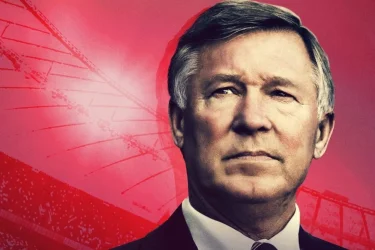
Global Influence Beyond Manchester
Ferguson’s legacy wasn’t confined to Old Trafford. He became a global figure in the world of sports and leadership. Football federations, Fortune 500 companies, and military academies alike studied his methods. His books on management and motivation became bestsellers, reflecting the widespread interest in how he cultivated success over decades. The respect he commanded went beyond results—it was about how he carried himself and lifted those around him. As an ambassador of the sport, Ferguson influenced coaching philosophies in Asia, Africa, and South America. His name became synonymous with resilience, vision, and sustained excellence, making him one of football’s most enduring cultural exports.
Read Full Impact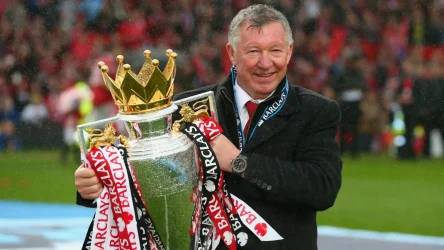
Comebacks That Defined His Spirit
One of Ferguson’s defining qualities was his refusal to accept defeat. His teams were known for dramatic comebacks, with the term "Fergie Time" entering football’s lexicon to describe United’s uncanny ability to score in the dying moments. These moments weren’t lucky—they were the product of relentless belief instilled by their manager. The iconic 1999 Champions League final, where United scored twice in stoppage time to win, is etched in history as one of the sport’s greatest turnarounds. Ferguson cultivated a mindset that no game was ever over. That attitude not only inspired his players but also set a standard for mental fortitude across all levels of football. Under his guidance, United became more than a team—they became a symbol of hope and persistence.
Discover the Comebacks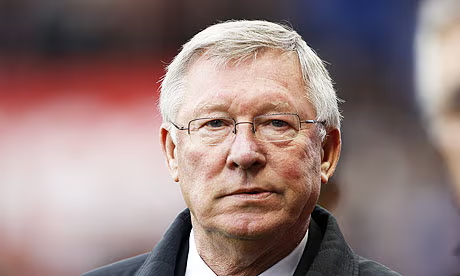
A Lasting Blueprint for Success
When Sir Alex Ferguson retired, he left behind more than a trophy-laden cabinet—he left a philosophy. His attention to detail, belief in youth, emphasis on adaptability, and holistic leadership style created a blueprint that remains relevant today. Clubs trying to emulate United’s glory often reference the Ferguson model: long-term planning over short-term fixes, unity over individualism, and resilience over panic. He proved that greatness is built day by day, through consistency, evolution, and an unrelenting pursuit of excellence. Modern managers from Pep Guardiola to Jürgen Klopp and beyond acknowledge Ferguson’s impact on how they approach the game. His influence is deeply woven into the fabric of football, ensuring that his legacy continues to inspire generations to come.
Explore the Blueprint